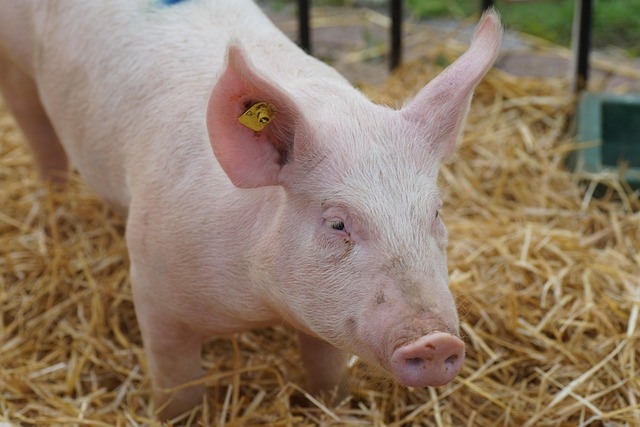SINGAPORE – The National Parks Board has initiated an investigation into a disturbing case of animal cruelty following the death of a community cat found in Punggol. The injured feline, identified as a male tabby named Shere Khan, was discovered in a car park near Block 326B Sumang Walk, and animal welfare group Luni Singapore has described the circumstances of his demise as “one of the most brutal” they have encountered.
Reports indicate that Shere Khan, affectionately nicknamed Papa Cat, was found with severe injuries that are reportedly consistent with deliberate abuse. According to Luni Singapore, he was likely injured between May 11 and 12. An unnamed individual is said to have brought the injured cat to a veterinary facility, which subsequently alerted the animal welfare organization.
The injuries sustained by Shere Khan have raised significant concerns. Medical reports allegedly revealed that the cat suffered from bilateral proptosis, where both eyeballs protrude dangerously from their sockets, alongside swelling and lacerations of the tongue, superficial bruising, and a small lesion on the head. Additionally, Shere Khan arrived at the vet hypothermic and dehydrated, suggesting prolonged distress and negligence.
Despite immediate veterinary attention, unfortunately, Shere Khan did not survive his injuries. The nature of the wounds has led Luni Singapore to suggest the possibility of strangulation or blunt force trauma, further aggravating the emotional weight of the incident. Ms. Nina Astolfi, founder of Luni Singapore, indicated that the group is determined to uncover the details surrounding this shocking case.
The incident comes on the heels of another purported case of cat abuse that reportedly occurred earlier in the week, where yet another feline was found dead in Yishun displaying signs of torture. NParks has acknowledged these reports and stated they are actively investigating both cases, which have alarmed local animal rights advocates.
In an effort to gather more information, Luni Singapore and members of the Cat Welfare Society have begun conducting door-to-door outreach in the Punggol area, seeking any potential leads from the community regarding Shere Khan’s tragic fate. However, as noted by Ms. Astolfi, there have been no significant developments in their search thus far.
Emergency medical expenses for Shere Khan have been substantial, a burden that Luni Singapore managed to cover through community donations. This financial support underscores the commitment of animal lovers in the region who are rallying behind the cause to ensure animal welfare standards are upheld.
The ongoing investigations and community outreach efforts bring a glimmer of hope amid the grief felt by many in the community. Animal welfare organizations are calling for an increase in awareness about animal cruelty and urging witnesses to come forward to prevent further tragedies.
As the investigations continue, the deaths of Shere Khan and the previously reported feline serve as a somber reminder of the need for vigilance against animal cruelty within Singapore’s neighborhoods. The emotional plea from advocates highlights the urgency of addressing such acts, aiming to ensure that all creatures, big or small, are protected from harm.










